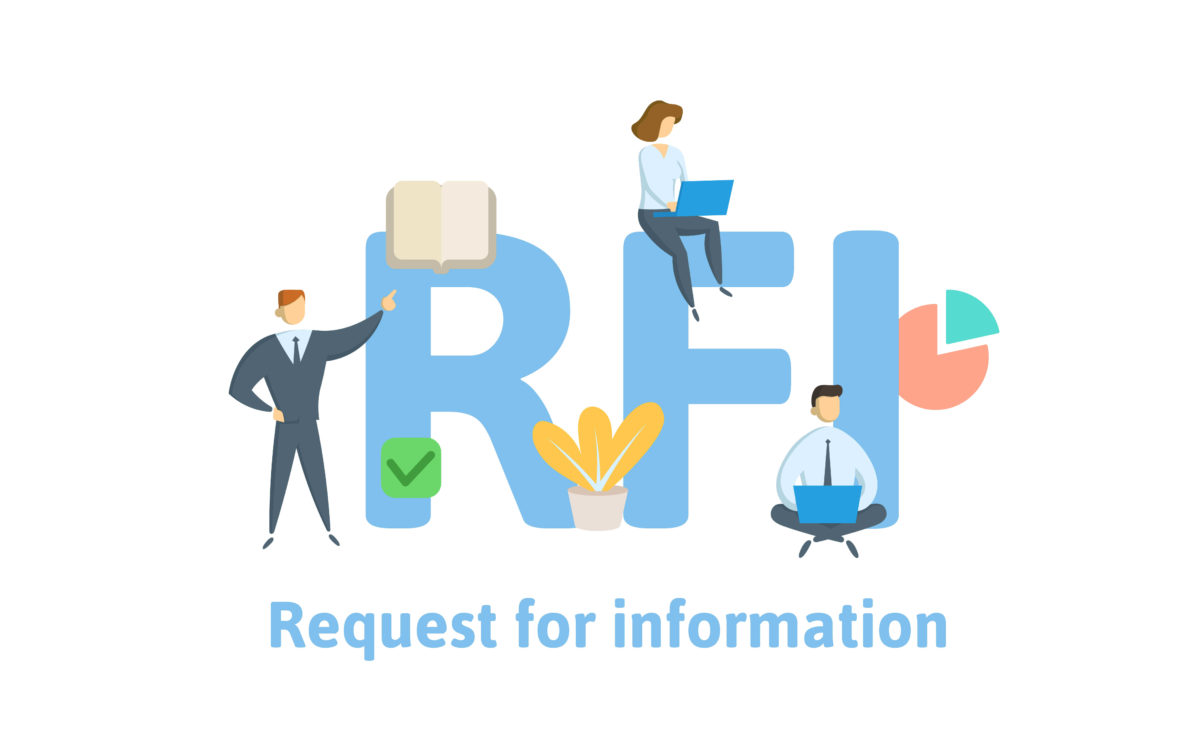Requests for information (RFIs) are a vital administration process for any construction project. As a contractor, you can utilize the RFI process to obtain clarification on small but important project aspects such as drawings, specifications, and contracts. It’s critical to efficiently manage your RFIs to reduce project delays and cost overruns, as explained below.
How to Upgrade RFI Process Tools and Workflows
- Discuss Project Details with Fellow Contractors Early On
Before project commencement, try to discuss key issues or questions during meetings with other participants, including general contractors, subcontractors, engineers, and architects. Getting important questions addressed early on can help avoid some RFIs. Also, take advantage of the early meetings to get answers about the preferred RFI process.
- Leverage Cloud-Based Project Management Software
Spreadsheets are no longer the go-to tool for RFI workflows. Instead, use cloud-based platforms to streamline your RFI process by facilitating virtual real-time collaboration between foremen on the field and project managers in the office. An organized RFI process enables multi-disciplinary project participants to closely engage in identifying discrepancies, asking questions, and finding practical solutions.
- Be Precise in Your RFI Questioning
Make sure to break down bigger issues into smaller, specific questions. Then, ask a single precise question per RFI to get a specific answer. Bundling multiple issues in one RFI can only complicate the process and bring confusion.
- Where Applicable, Attach Drawings and Pictures
You can expedite the RFI process by including photos and drawings in your inquiries. Graphics and illustrations aid the recipient in understanding the issue at hand. You may also annotate or attach field sketches to provide context to the matter you need to be clarified.
- Use a Consistent Naming Convention for all RFIs
Using a consistent naming system for all your RFI files will make it easier to search and find them. For example, you can use tags comprising a reference number and the RFI subject for each file. An alphanumeric naming system enables you to better organize and track your RFI files.
- Set Response Times
Include a specific due date for each RFI you send out. You’ll want to let the recipient know that they need to respond to the issue you raised by a certain date to avoid unnecessary schedule delays. Construction project management software with RFI reminders or alerts can also help recipients remember to get back to you on time.
- Scrutinize Each RFI Response for Clarity
Thoroughly review each answer you receive to ensure that it is precise and complete. You can resend an RFI for a fuller or clearer answer. If possible, include a recommendation to make it easier for the recipient to satisfactorily address your question.
- Keep Your RFI Files Organized
To upgrade RFI process modules, leverage advanced construction software with a centralized cloud-based database for all your RFI files. It’ll make it easier for relevant participants to track the RFIs you created and their corresponding answers in real-time.
- Keep Updating the RFI Status
It’s important to document each RFI process from start to finish. Add notes to each RFI, including any communication or non-responsiveness on the part of the recipient.
- Constantly Update Team Members
If you create an RFI, be sure there’s a way for relevant team members to know about it. The same is necessary once you’ve received a response. Construction software is an excellent way to update your onsite team on the RFI status in real-time and avoid unnecessary schedule delays.
These are some of the RFI process upgrade tips you can implement to prevent costly project delays. Do you have more questions about your commercial construction in the Bay Area? If so, then contact your Pleasanton contractor at Proforma Construction. Serving Pleasanton and the surrounding California area, our highly-trained team is ready to make your commercial construction dreams a reality




